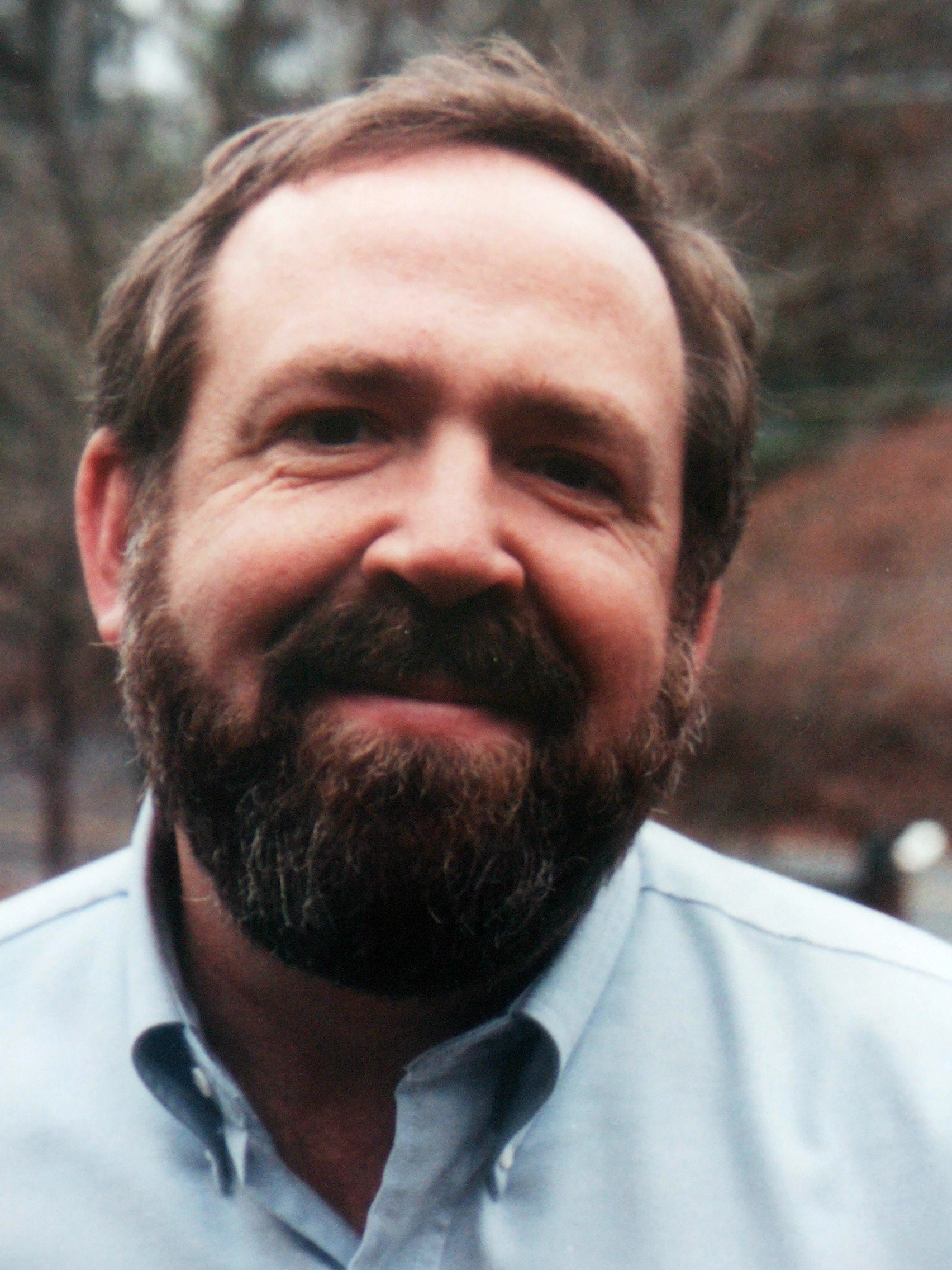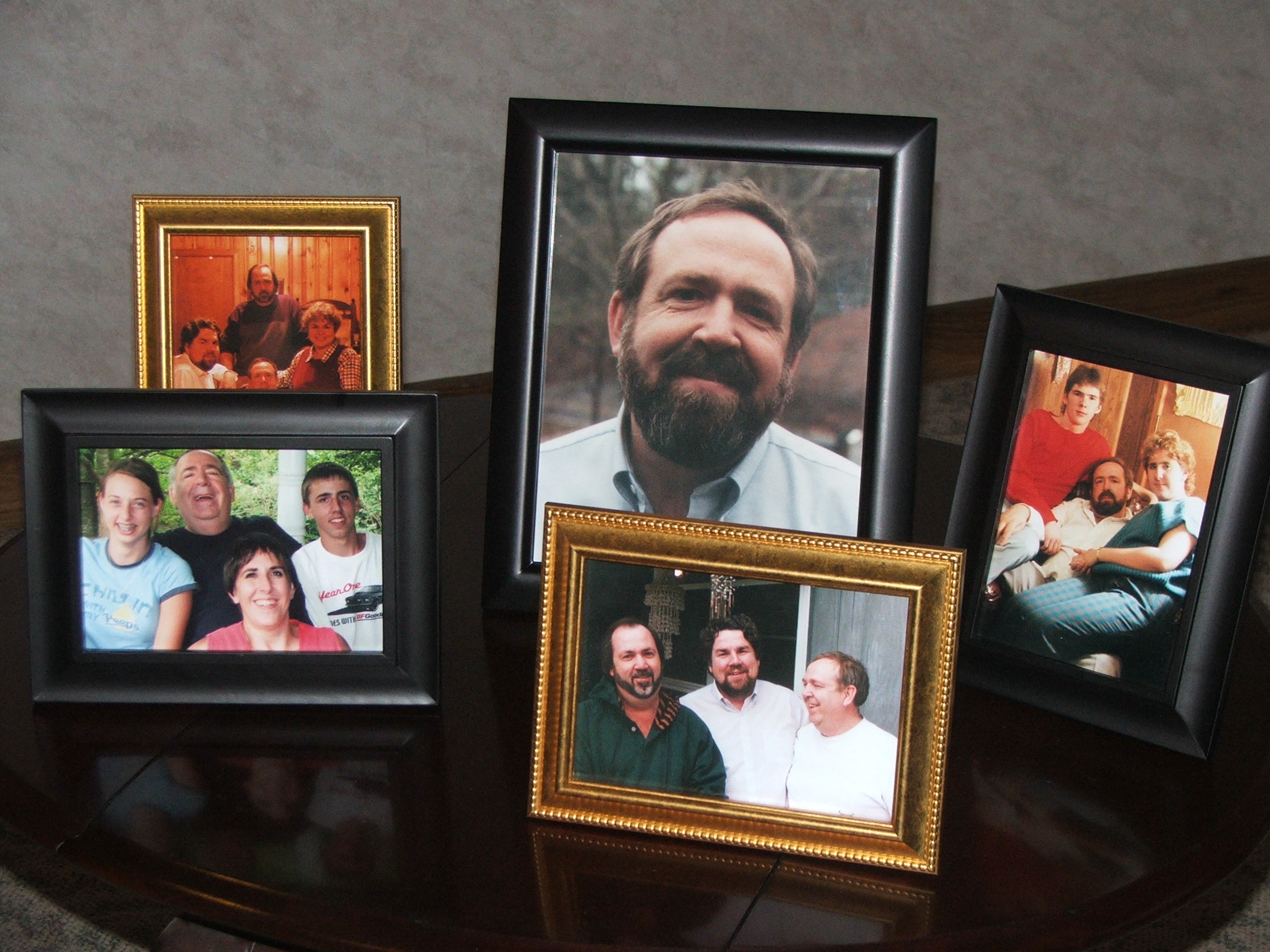My older brother taught me how to fight. He won most of our battles and yet I would keep on coming. He was a formidable foe. Then…well into adulthood, I learned not to take the bait, and we became friends. None too soon, because short years later, he died, too young. Today I want to talk about him, and what I learned about fighting…and friendship…from him.
First, some background on how he stayed on my mind all day today, though he’s been gone seven years now. This morning, I found a fascinating article online from the Wall Street Journal. It is a timely piece entitled Family Meltdowns: When Everyone is Arguing and No One is Listening by Elizabeth Bernstein.
Bernstein reported on how holiday gatherings tend to push buttons with family members who already have issues with each other. Fights ensue and the day becomes another chalked-up disappointment. In these family fights, is there always a single culprit or do we each have a part to own in these conflicts?
If you are in such a family, Bernstein’s description of how the family gets embroiled in such a fight is all too familiar. She lists seven different roles in family conflicts. Take note if you see yourself in this mix.
The Trigger – the person who starts the uproar by getting offended by what another has said or done. [I actually think there may be co-triggers in a family argument. We know after years of growing up together what buttons to press with each other. We know sometimes exactly what it takes to get a reaction out of a sibling or parent, and when the time is just right, we strike. So like the bullied child who gets in trouble while the one who started the commotion looks wide-eyed innocent at the teacher, a family disturbance can proceed in the same way.
The Prosecutor – this is the family member who reacts, either in defense of the offended one or the one who did the offense. He is the accuser and is ready to call out the “trigger” for his own offending behavior.
The Defender or Peacemaker – she is the one who will try to calm down the two above. She may try to get each to see the other’s side, or she herself may side with one and try to convince the other. Finally, she may actually attack both the “trigger” and the “prosecutor” for spoiling the day for the family.
The Enablers – sometimes the parents try to stop the conflict without offering any real solution for those fighting with each other. Often the mom just wants it to stop, trying to salvage the holiday for the family, rather than dealing with the issues underneath the fight. The dad at times is more a passive enabler, disappearing in the noise of the battle.
The Deserter – lastly, there are the family members who feel most removed from this family history repeating itself. These are the usually (but not always) the in-laws who will actually remove themselves from the situation, taking the children with them.
The article is a quick read and fascinating in its familiarity with family dynamics – especially those that surface when faced with holiday pressures to have fun together. Bernstein gives counsel on how to prevent such family trauma on special days, or at least how to minimalize it.
My brother and I had no such helps during our years of fighting with each other. He was often a trigger in our family rows, and I was the tireless prosecutor. I feel, however, that we were all sometimes co-triggers because we just “waited” for him to start a ruckus. We didn’t have to wait long, and then we all did the usual.
I finally got a clue after years of this thanks to the wise words of two friends. They were often a part of our gatherings and they loved us all. It helps sometimes to have that extra set of eyes looking in onto family communication…especially eyes attached to a person who loves all involved.
One friend counseled me not to “take the bait”. When my brother took offense at something one of us said or did, a fight would begin and continue to escalate until someone left the room, or the house altogether. My role always was to react, but when I checked myself and didn’t, a strange and wonderful transformation happened (over time). He softened and didn’t pursue the offense or offender. He let it go.
The other friend reminded me of an old adage “Hurt people hurt people.” We’ve all heard this but when we feel attacked we also want to return the attack. My brother, over the course of his life, had experienced enormous losses – marriage, jobs, his health, the death of a child, his own helplessness, it seemed, to have close relationships with the rest of his family. These losses bent his heart, and dulled his thinking, and he struck out at the very people he loved most in the world.
Once my own thinking cleared, I stepped out of the “prosecutor” role, and began to just love my brother. Don’t get me wrong, I did not become a doormat for his abuses at all. If there was ever a time in life, I gave a person grace, it was in those (what would be the) last years of his life. We became friends. We learned to laugh together and share news instead of barbs. We both worked at understanding each other and actually looked forward to our visits together.
I thank God for this brother of mine. I was not the hero here…he was. He took a chance with me, and my sense is we both won. I know I did. Before he died, he rejoiced at time spent happily with our other two brothers. In the last moments of his life, he even began to reach out to his daughter, the one he loved the most and the one he most hurt…if there had only been more time.
One day there will be. My brother died on an operating room table, but he opened his eyes in Heaven. We will see him again, and all the pain of being part of frail, all-too-human families will be behind us. Every day will be like the Thanksgiving or Christmas we wanted. For now, we don’t give up…even though it’s tempting. For in not giving up on family, we may win a friend.


